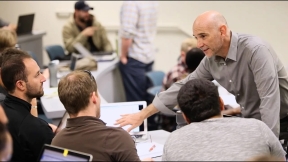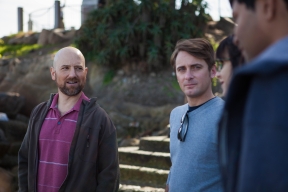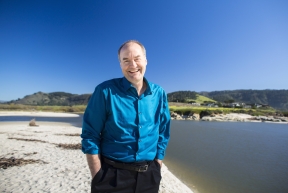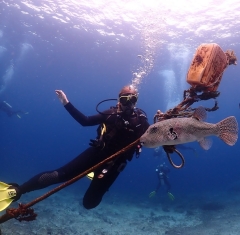Fernando DePaolis teaches Data Analysis, Development Economics, and other advanced quantitative policy analysis courses. He develops research and teaches courses on the problems and solutions at the interface between large bodies of water (oceans and lakes) and urban agglomerations.
Master of Arts in Environmental Policy and Management
In August 2025, Middlebury’s Board of Trustees decided to close all in-person programs and two online programs at the Middlebury Institute. Fall 2025 was the last intake for this program.
Alternative Programs for Prospective Students
- The Online MPA in Sustainability will continue to enroll students.
- Programs accepting new students.
Degree Program
Our Master of Arts in Environmental Policy and Management prepares you for a rewarding career building climate-resilient, sustainable, and equitable societies. Our model merges graduate coursework with professional experience. The core curriculum provides you with the key social and natural science fundamentals to understand the drivers of environmental change, and how to craft impactful policy solutions.
This is a STEM-designated, four-semester degree.
Transform Your Career
Students build their skills through internships during the school year and summer fellowships with local, national, and international organizations, capped by a professional practicum in their final semester. Through this approach, many of our students secure full-time jobs before graduation.
Career Advising
Your dedicated advisor from the Center for Advising and Career Services will guide you through skills development, interview preparation, networking, career exploration, and professional opportunities aligned with your experience, interests, and goals.
Practical Experience
- You will gain the equivalent of two to four years of professional work experiences to add to your resume during the course of your master’s degree.
- Your faculty will connect you to their vast professional network for internships and other projects.
- Our Center for the Blue Economy (CBE) offers summer fellowships with top marine organizations as well as paid research assistantships.
- Monterey, California, is a center for marine and ocean conservation and policy, including the Monterey Bay Aquarium.
- Nearby Silicon Valley is at the heart of the green tech revolution, and the organic agriculture movement started in Santa Cruz.
- The San Francisco Bay Area has the highest concentration of environmental NGOs anywhere in the world.
- You will put theory into practice through a semester-long practicum in the field.
Internships
We have 80+ employers of our recent interns, and the Institute has partnerships with UNICEF and the GAO for unique opportunities.
Careers
Our graduates find meaningful careers in government, business, and NGOs, including organizations like Oceana, Conservation International, and Microsoft. Many roles in the sustainability industry require a master’s degree, and with a Middlebury Institute master’s, you will be in demand.
Curriculum
Our interdisciplinary curriculum is a mix of core and specialization courses that will prepare you to be a solutions-oriented climate and sustainability leader. Build your expertise in:
- Conservation science and policy
- Environmental economics
- Climate policy and governance
- Data analysis
- Geographic information systems (GIS)
- Social and environmental justice
- Intercultural competence and a second language
You can also focus your coursework on the following specialized areas: sustainability management, natural resource and policy management, and ocean and coastal resource management.
See the curriculum for more details.
Professional Practicum
In your final semester, your studies will culminate in a full-time, semester-long practicum working in the field with an organization. This builds on the other real-world experiences you will have throughout your program. On-the-job supervisors and faculty mentors will work closely with you to make the practicum a bridge to full-time employment. Learn more about your practicum.
Faculty: Professors and Practitioners
While other graduate schools rely on teaching assistants, you will have direct access to our faculty. They’re active, engaged policy professionals who combine academic expertise with years of professional experience in water conservation, food systems, ocean ecosystem management, sustainable development, responsible mining, sustainability investing, “blue” economic development, and more. Our faculty are committed to your success, becoming your mentors and colleagues, and you will work closely with them on real-world consulting projects and research. Meet our faculty.
-
-
Jason Scorse, Director of the Center for the Blue Economy, teaches courses in environmental and natural resource economics, ocean and coastal economics, and behavioral economics. He has consulted for major environmental organizations including the Sierra Club, The Nature Conservancy, Earth Justice, and Oceana
Meet Jason Scorse -
Jeff Langholz is passionate about sustainability of the world’s natural resources. His teaching and research draw from extensive professional experience with the IUCN World Commission on Protected Areas, U.S. Environmental Protection Agency, and consultancies across North America, Latin America, Europe, Asia, and Africa.
Meet Jeff Langholz
Customize Your Environmental Policy and Management Degree
Our flexible curriculum means you can customize your degree:
- STEM designation: expanded career opportunities for international students and scholarships for U.S. students.
- Study a second language and/or intercultural competence.
- Focus your coursework on sustainability management, natural resource policy and management, and/or ocean and coastal resource management.
- A wide range of skill-building course work including quantitative analysis, GIS, communications, negotiations, stakeholder engagement, security, migration studies, and more.
- Accelerated- and advanced-entry: complete your degree in two or three semesters.
- Joint BA/MA: earn a bachelor’s and master’s in just three years through this transfer program.
- Online MPA in Sustainability: if you want to study online, apply to this part-time and asynchronous related program.
- Peace Corps: Coverdell Fellows program for returned volunteers and an option to integrate Peace Corps service for potential volunteers.
Check out the program details for your options.
Center for the Blue Economy
The Middlebury Institute’s Center for the Blue Economy (CBE) is a research and academic center. CBE develops innovative ways to address critical ocean and coastal resource management issues, especially coastal climate adaptation and “blue” economic development. As an Environmental Policy and Management student, you’ll be eligible for a fully funded CBE summer fellowship with top marine organizations, as well as a research assistant position where you can work on cutting-edge research during your studies.
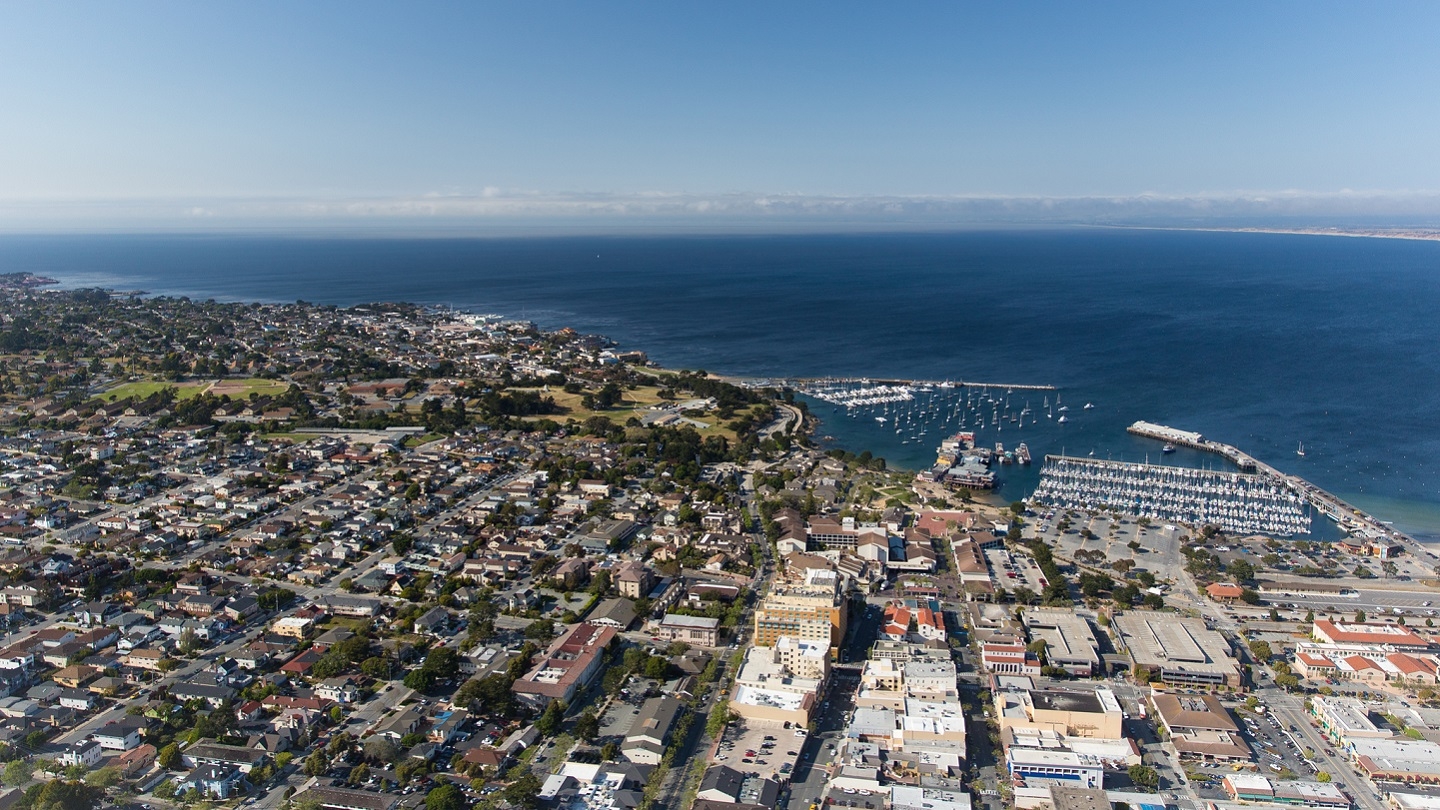
Sustainability Speaker Series
The Sustainability Speaker Series brings creative, pragmatic, and practice-based environmental professionals to campus. Lectures are free and open to the public. The series features some of today’s most influential leaders across a wide variety of fields. See upcoming speakers.
Related Programs
The MA in Environmental Policy and Management is related to several other programs at the Middlebury Institute:
- Introduction to the Blue Economy: Develop a deeper understanding of the blue economy and what it means to our world in this short, online, self-paced course.
- Online MPA in Sustainability: Become an expert in designing, implementing, and managing sustainable solutions for governments, nonprofits, and businesses in this part-time, asynchronous, online degree program.
Featured News
Read AllA Class Assignment Turned into a Published Op-Ed
| by Angela Izi Nkusi
Environmental policy student McKenzie Ploen published a piece sharing her career journey from corporate supply chain management to ocean conservation in SEVENSEAS.
Field Work: Students Bring Complex Community Needs Data to Life in Bilingual Videos
| by Caitlin Fillmore
Students have put their skills to work on a years-long data analysis and marketing project through a partnership between the Institute’s META Lab and the United Way of Monterey County.
Environmental Policy Graduate Student Competes on "Jeopardy!"
| by Caitlin Fillmore
Tune in on May 26 to catch Miles Tepper in action on the legendary quiz show. His tip for aspiring competitors? Get out to local trivia nights here in Monterey!
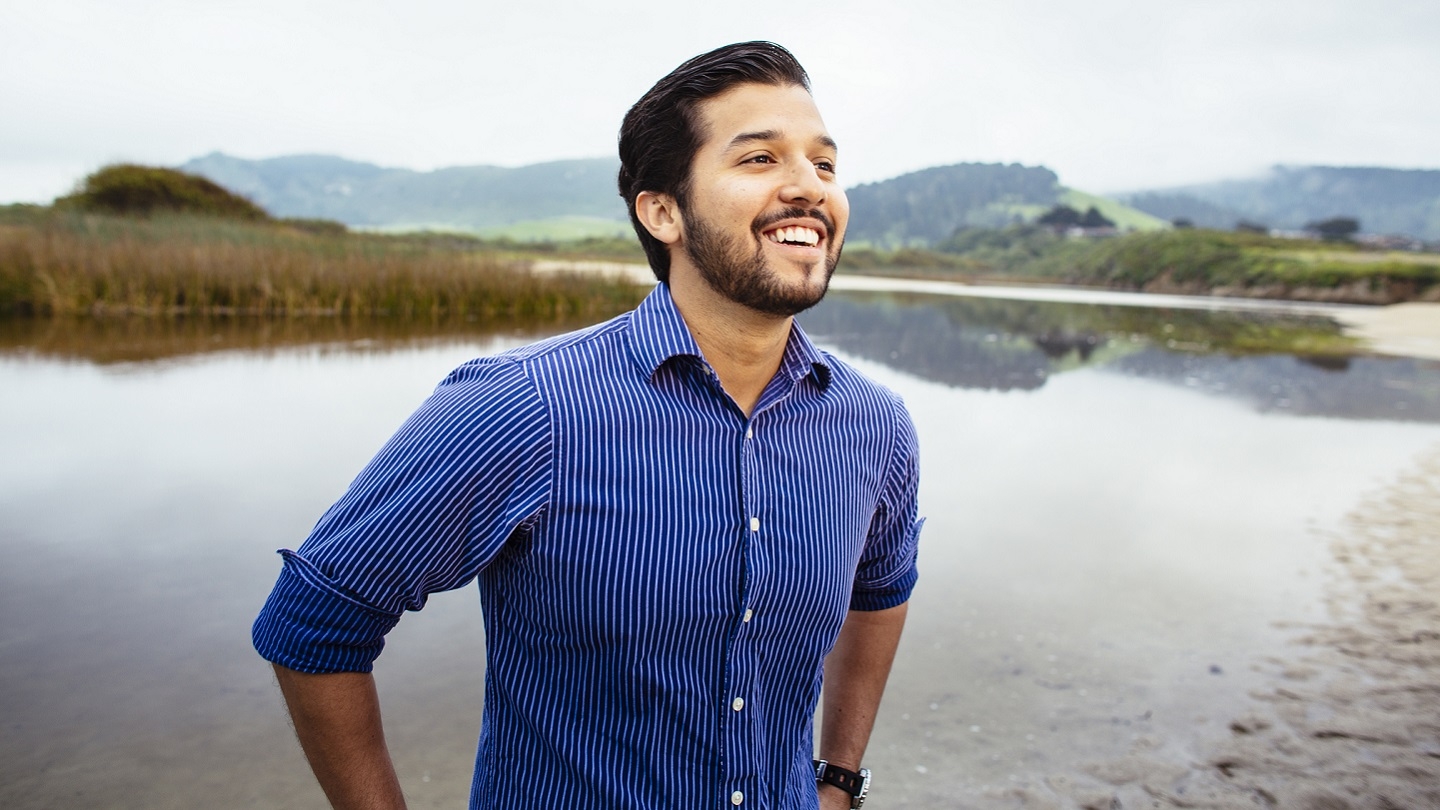
Our graduates find careers designing and implementing sustainable solutions in fields as wide-ranging as conservation, sustainability management, ocean and coastal resource management, and climate policy.
Career Outcomes
- 93%
- employed or continuing education within one year of graduation
- 96%
- secured internships in 2019–2021
- 40+
- different employers of recent graduates

